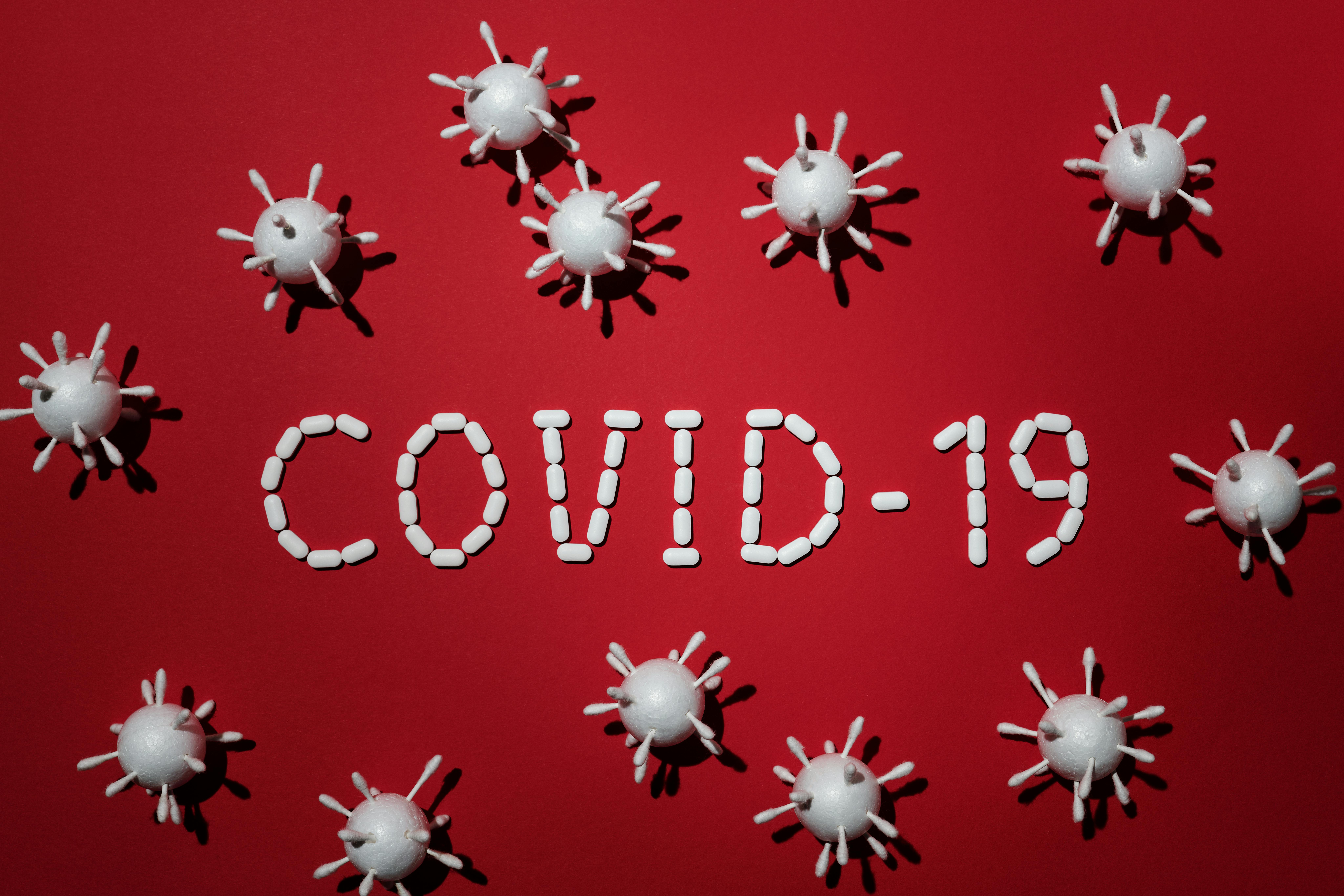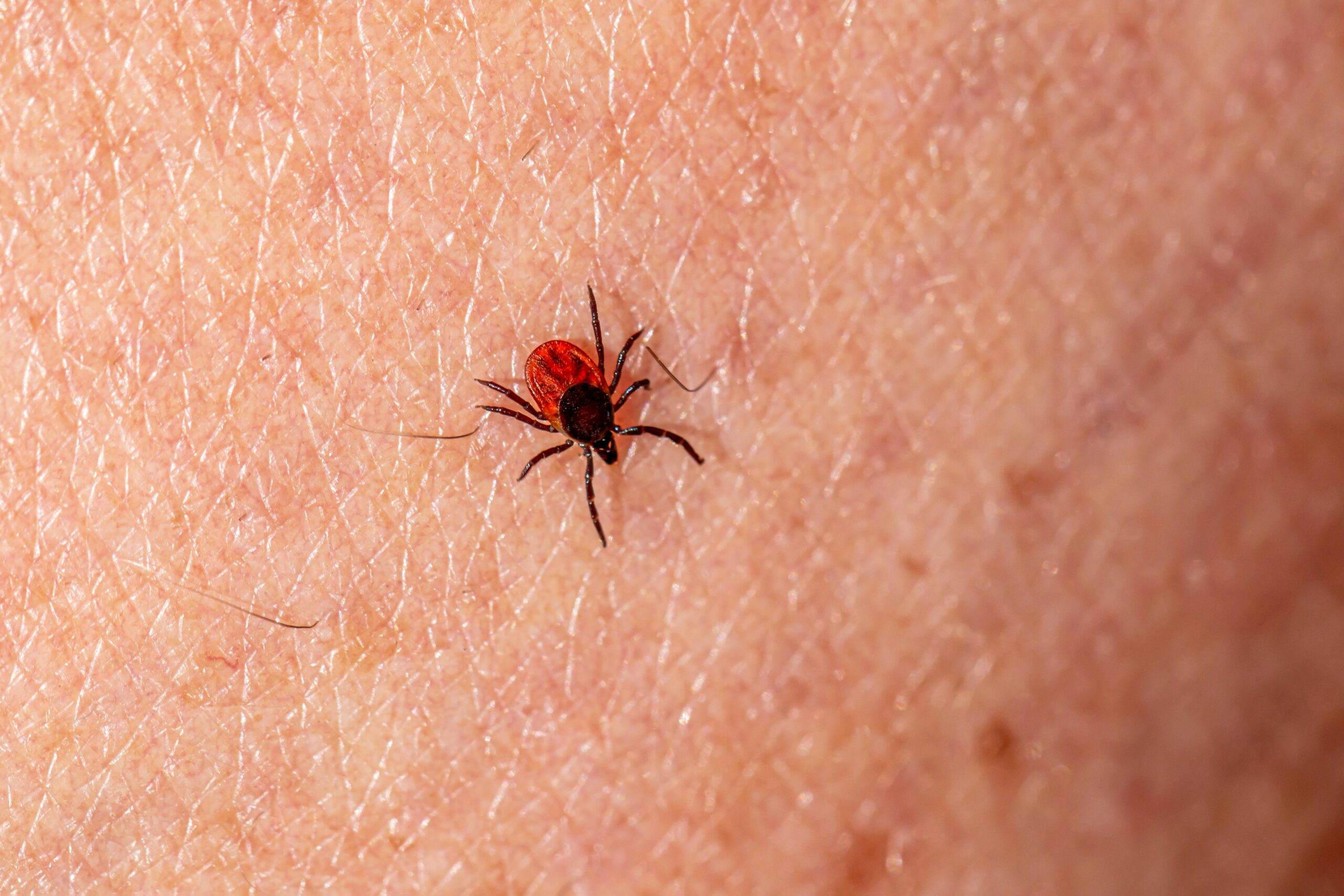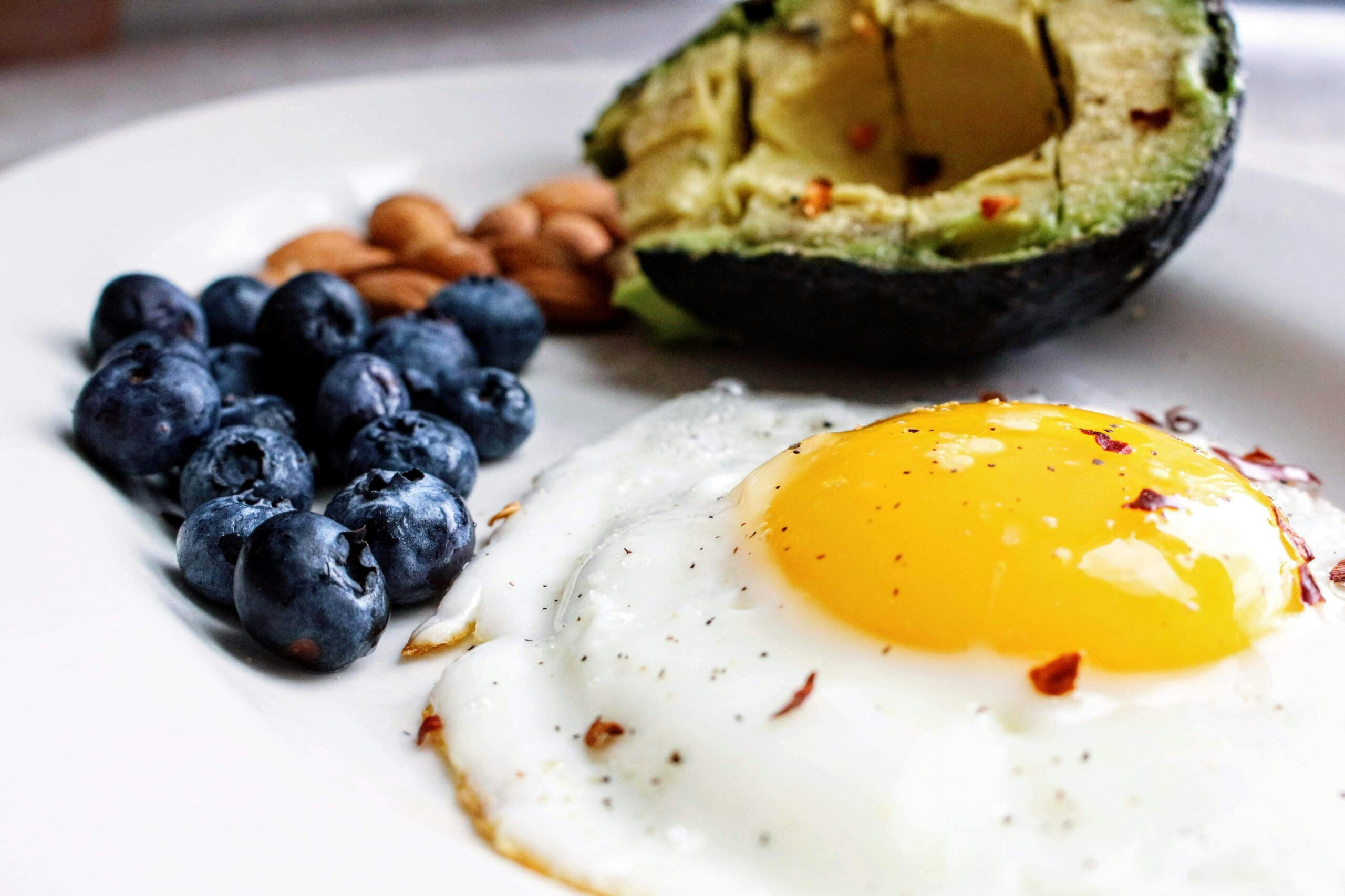Could a simple pill one day revolutionize how we fight cancer, especially those tough-to-reach tumors in our gut? New research offers a thrilling glimpse into that future. Scientists have found a way to turn a common probiotic yeast into a microscopic drug factory, programming it to deliver powerful anti-cancer medicines directly where they’re needed most. This innovative approach, detailed in Cell Chemical Biology, offers a fresh strategy for treating gastrointestinal cancers, which often defy conventional therapies and come with challenging side effects from body-wide treatments.
The Challenge of Gut Cancers and a Clever Solution
For many years, immunotherapy has been a game-changer in cancer treatment, essentially unleashing the body’s own immune system to attack malignant cells. These “immune checkpoint inhibitors” work by removing the brakes cancer cells put on our natural defenses. However, cancers located deep within the digestive system – like those affecting the stomach, colon, or pancreas – are notoriously difficult to treat. Delivering these life-saving drugs effectively has been a major hurdle, as intravenous (IV) immunotherapy often struggles to reach these areas in sufficient amounts, or causes widespread side effects that can be debilitating for patients.
Now, a team at Washington University School of Medicine in St. Louis has developed a ingenious solution. They’ve engineered Saccharomyces cerevisiae var. boulardii (Sb), a well-known probiotic yeast, to produce and release “miniature” versions of immune checkpoint inhibitors. These tiny drug molecules are designed to block a specific protein called PD-L1, which cancer cells often use to hide from the immune system. By disrupting this “PD-1/PD-L1 axis,” the engineered yeast essentially unmasks the cancer, allowing the immune system to recognize and fight it. This particular yeast was chosen because it’s safe for humans, easy to work with, and passes through the gut without staying permanently, allowing for controlled dosing. It even has some natural anti-cancer properties, adding another layer of benefit.
How the Tiny Drug Factories Work: Inside the Study
To put their idea to the test, the researchers used a colorectal cancer mouse model. These mice had tumors that were already resistant to standard immunotherapy, making them a rigorous test. The team gave the engineered yeast, named Sb_haPD-1, orally to both male and female mice with tumors. Each treatment group included at least 10 mice, providing robust data.
The study confirmed that the engineered “miniature” drug could indeed block the immune checkpoint in lab tests. They also showed that the yeast could successfully produce and release these therapeutic proteins even in gut-like conditions. Tracking the yeast’s journey through the mouse digestive system revealed that it reached the lower small intestine and colon within 1 to 2 hours of being swallowed and was mostly cleared within 12 hours. This rapid passage ensures the drug acts where needed without lingering. Crucially, the yeast maintained its ability to produce the therapeutic protein throughout its journey.
Promising Results and Future Potential
The findings were very encouraging. Mice treated with the oral yeast-based therapy showed a notable reduction in their intestinal tumor burden. This tumor shrinkage was accompanied by positive changes in the immune cells within the gut and alterations in the beneficial gut bacteria (the microbiome). These observations highlight a complex interaction between the engineered yeast, the body’s defenses, and the gut’s microscopic inhabitants. Importantly, the treatment was well-tolerated by the mice, showing no major side effects like weight loss or widespread inflammation – a significant advantage over many systemic immunotherapies.
While these results are a major step forward, it’s important to remember this is a “proof-of-concept” study. This means it proves the idea works in principle, but much more testing is needed before it can be considered for human patients. Future research will explore this yeast-based platform in other types of gut cancer models and dig deeper into how exactly it influences immune cells and the gut microbiome to shrink tumors. Refining the drug delivery system for even greater precision and effectiveness is also on the agenda.
This pioneering work represents a significant leap in the quest for more effective and less invasive cancer treatments. By harnessing a common yeast, scientists have opened a new pathway to fight gastrointestinal cancers, which are among the most challenging to treat. The adaptable nature of this engineered probiotic platform suggests it could also be tailored to deliver other therapies for a variety of gut diseases beyond cancer, from inflammatory bowel issues to metabolic problems. This orally administered, yeast-based treatment provides a compelling and exciting new direction for medical innovation, potentially transforming how we approach difficult-to-treat diseases in the future.
Paper Summary
Methodology
Researchers engineered Saccharomyces cerevisiae var. boulardii (Sb), a probiotic yeast, to produce “miniature” immune checkpoint inhibitors (haPD-1). This engineered yeast was tested in a colorectal cancer mouse model (APCmin mice, n ≥ 10 per group) via oral administration. The study assessed the yeast’s viability, stability, and drug secretion within the gut, along with its impact on tumor size, immune cells, and gut microbiome.
Results
The engineered yeast, Sb_haPD-1, significantly reduced intestinal tumor burden in mice with ICI-refractory colorectal cancer. This was accompanied by changes in immune cell profiles and gut microbiome composition. The oral treatment was well-tolerated, with the yeast showing transient gut transit while maintaining its drug-producing capacity, and minimal systemic side effects were observed.
Limitations
This was a proof-of-concept study. Further preclinical evaluation is needed in diverse mouse models of gastrointestinal cancers. More detailed mechanistic studies are required to understand how the yeast influences immune cells and the gut microbiome. Optimizing the drug delivery system for enhanced targeting and safety is also a future step.
Funding and Disclosures
The research was supported by grants from various National Institutes of Health (NIH) institutes (NIAID, NCCIH, NIGMS, NCI, NICHD, NIDDK) and the Radiological Society of North America (RSNA). Several authors hold patent applications related to the yeast-based immune checkpoint inhibitor delivery system.
Publication Information
Authors: Olivia N. Rebeck, Miranda J. Wallace, Jerome Prusa, et al. Journal: Cell Chemical Biology Volume, Issue, Pages: 32, 98-110 Publication Date: January 16, 2025 (Published: November 20, 2024) DOI: https://doi.org/10.1016/j.chembiol.2024.10.013












